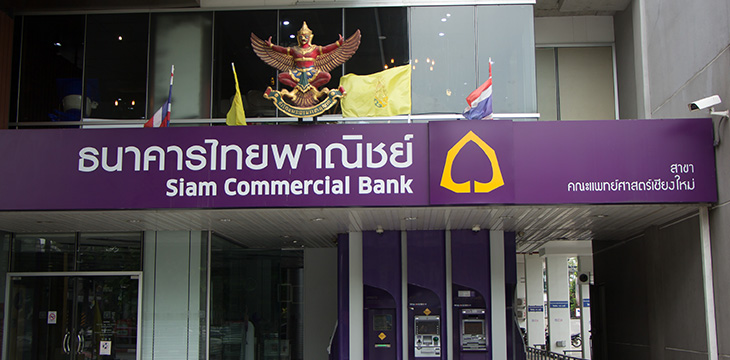One of the largest banks in Thailand has invested in the leading digital currency exchange in the country. Siam Commercial Bank has invested over half a billion dollars to acquire 51% of Bitkub exchange in a move that could see more mainstream adoption in Thailand.
Siam, the oldest bank in Thailand, invested in Bitkub through its holding company SCB X. According to its announcement, it paid THB 17.85 million (US$537 million) for its stake in one of the few licensed exchanges in Thailand.
Bitkub is the dominant exchange in the Thai market, and according to SCB’s announcement, it holds over 90% of the local digital asset market. For the nine months ending in September, it reportedly processed $30 billion in trading volume and made a net profit of $46 million. CoinMarketCap data shows that it processed $303 million in the past day.
Siam based its purchase on its assessment of the growth in the local digital asset space over the past two years, CEO Arthit Nanthawittaya stated. The bank expects massive value in its investment over the next few years.
The bank is considering ways in which it can help grow the industry, according to its CEO. Siam has recently rebranded as a fintech company with the ambitious goal of dominating the Southeast Asian market by 2025 and hitting 200 million customers. Bitkub could play a significant role in this expansion, giving Siam an entry into Web 3.0.
For his part, Bitkub founder and CEO Jirayut Srupsrisopa said the investment by the country’s second largest bank is proof that the exchange had become a big player in the financial services market.
“Bitkub has reached the point where we have become an important structure in Thailand’s future economy. Bitkub is no longer just a startup. It is becoming necessary infrastructure for the financial industry 3.0 in Thailand,” he commented.
Bitkub’s rise to the top hasn’t been without some hiccups. In February, it had to shut down new signups following an SEC order due to a series of outages in January.
Watch: CoinGeek New York presentation, Digital Currency as a Tool for Financial Inclusion
Source: Read Full Article
